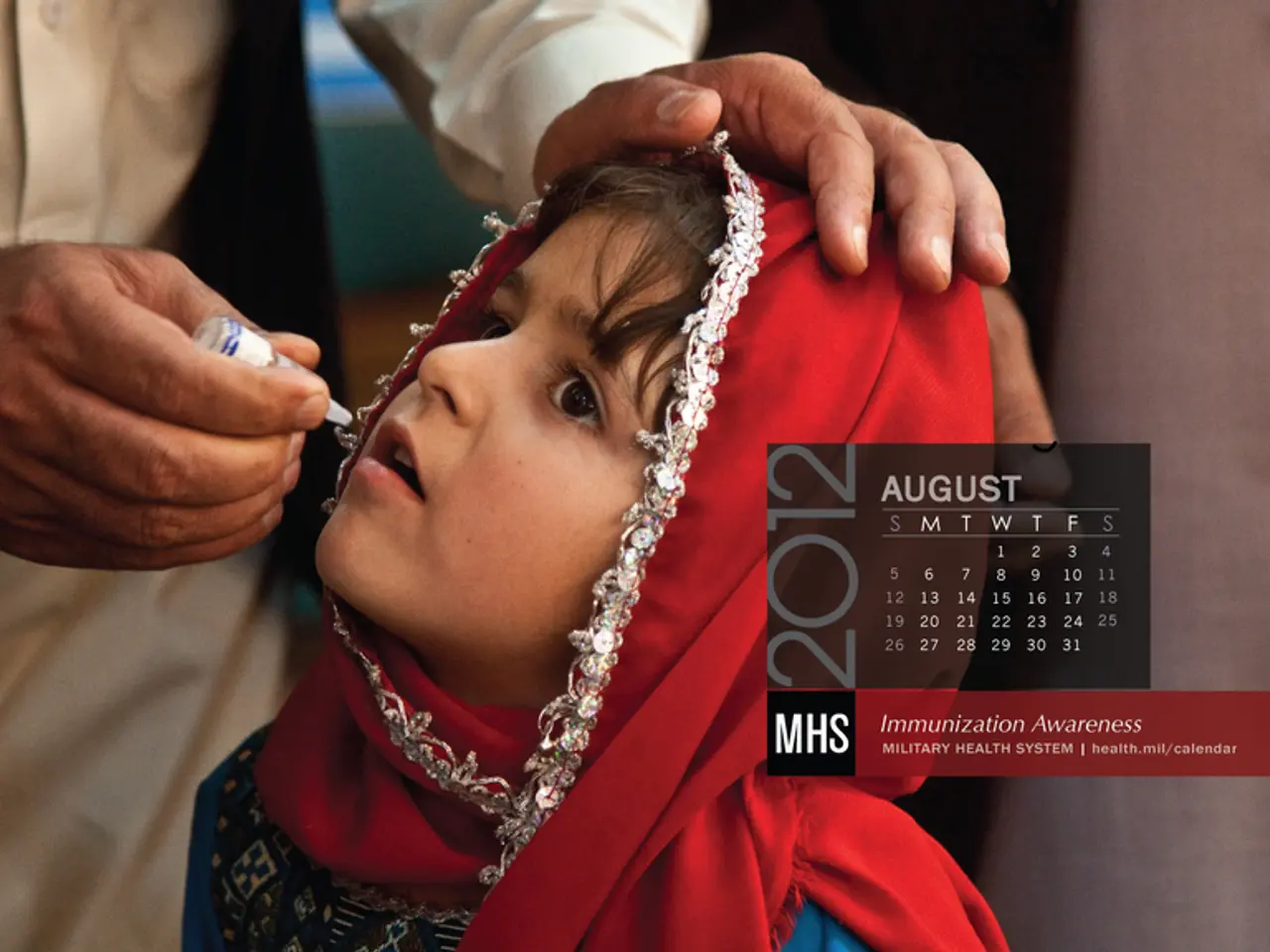HPV Vaccine: Essential Protection Against Common Virus
The HPV vaccine, recommended for preteens around age 11 or 12 and available until 45, is crucial in protecting against human papillomavirus (HPV). Produced by Merck (Gardasil and Gardasil 9) and GlaxoSmithKline (Cervarix), these vaccines are approved in the USA and offer significant benefits.
HPV is incredibly common, affecting nearly 80% of people in the United States. It's primarily transmitted through skin-to-skin contact or sexual activity, with risk factors including unprotected sex, multiple sexual partners, and a compromised immune system. The HPV vaccine protects against HPV types 16 and 18, which can lead to certain cancers like cervical cancer. Gardasil 9, the only HPV vaccine used in the U.S. since 2016, targets the most types of HPV and protects against genital warts.
The HPV vaccine is safe and effective, with mild to moderate side effects being rare. While it doesn't prevent all HPV-related cancers or other STIs, routine Pap tests and barrier methods remain important for comprehensive protection.
Given HPV's prevalence and potential serious health consequences, the HPV vaccine is highly recommended. It's available for a wide age range and offers significant protection against HPV-related diseases. However, it's essential to remember that no vaccine is foolproof, and other preventive measures should still be taken.






